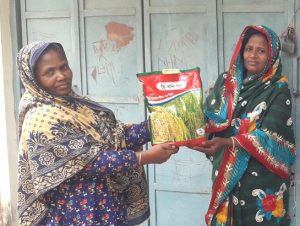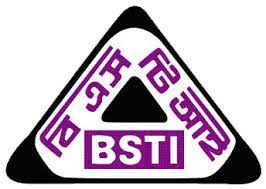M Zahidul Haque
RECENTLY the UN Secretary General Antonio Guterres announced a new plan to transform the world’s food systems. Emphasizing the importance of food system he said that the issue will be culminated in a major summit scheduled to be held in September 2021.
Covid-19 pandemic has impacted almost all the sectors of human lives and livelihoods. The global food system has also been put into risk. As per the projections made by different organizations, due to the pandemic world’s food production will be badly affected and a huge number of people will face poverty and hunger. According to a FAO document, some 820 million people around the world are already experiencing chronic hunger and being deprived of food and nutrition. Nearly 144 million children world over will not get necessary nutrition for their normal growth and survival.
The global food production will have to be increased to meeting the need of 9 billion people forecast for 2050. Perhaps the food production has to be drastically increased within the next few years for encountering the food shortage resulted from the changes in the food systems caused by the Covid-19 pandemic.
In order to safeguard everyone’s access to food and adequate nutrition, the UN Secretary General said—“Unless immediate action is taken, it is increasingly clear that there is an impending global food emergency that could have long term impacts on hundreds of millions of children and adults”.
The food system is a broad discipline which includes all processes and infrastructure involved in food production, distribution and trade; agricultural ecosystems, economic systems, social systems, policy systems, governance systems, etc. are components of the food system. So, any approach to improving the food systems requires proper intervention in all its components.
Apart from bringing improvements to local food systems, this author feels that a strong global partnership and cooperation network must be established for securing enough food production and distribution through an effective agro ecosystem management.
At local levels, the following measures may be taken to protecting and improving the food systems: –Climate-smart agriculture (CSA): transformation of agriculture recognizing the climate change realities.
–Caring biodiversity: protecting habitats for flora and fauna and biota in general.
–Ensuring efficient uses of natural resources, such as, water for agriculture.
–Integration among all development approaches in various agriculture sectors—crops, livestock, forestry, fish, and the like.
–Effective policy implementations and distribution of agricultural inputs and marketing of agricultural produces.
–Ensuring social security for the farmers and rural people.
All approaches to protecting and improving the food system should be directed towards a sustainable food system and to ensuring access to food for all.
(The author is a Professor at Sher-e-Bangla Agricultural University, Dhaka-1207. Email: prof_haque@hotmail.com)




